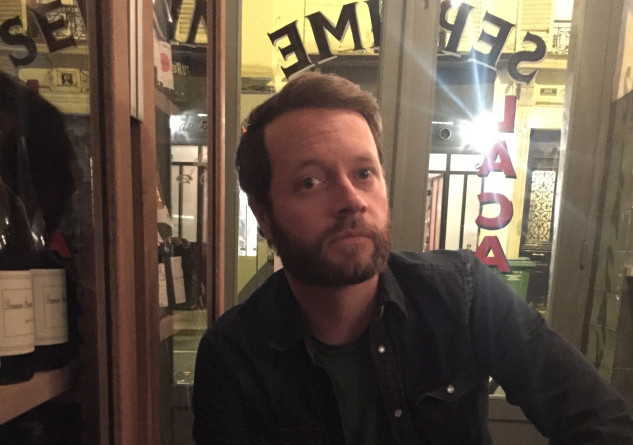Q&A With Noise Pop General Manager Dawson Ludwig
Arturo Hilario
El Observador
As the General Manager with Noise Pop, the organization responsible for many local entertainment events in the Bay Area, Dawson Ludwig knows music pretty well. From the yearly Noise Pop Festival, to the Treasure Island Music Festival, Noise Pop has helped bring forth plenty of amazing artists with their keen sense for finding independent acts and shining a spotlight on them.
With their most recent event, the free admission 20th Street Block Party, Ludwig reflects on his job and how Noise Pop has grown alongside its community in its home base in San Francisco’s Mission District, as well as the greater Bay Area.
Tell me about yourself. How did you get started in the music industry?
I started a band in college and really enjoyed the business/promotional side of it, which is fortunate because I wasn’t a very good musician. After the band broke up, I decided I wanted to continue working in music—I’ve worked at record labels, songwriter rights organizations and in live events.
What’s your background (education, interests, etc.)?
I was a religious studies major in college, so pretty much the furthest thing from a useful degree for the music industry. I’m an avid podcast listener. I’m married. We are expecting our first kid in a few months. I have a co-dependent relationship with my dog.
What’s a day in the life of a General Manager for Noise Pop like? Most interesting aspects?
Most of my days are pretty normal. I go to the office and sit at a computer all day. The exciting part of my job revolves around the large events we do (Noise Pop Festival, Treasure Island Music Festival, 20th Street Block Party).
Any memory you’re fond of? Anything that’s taken your breath away?
I’m very fortunate to have seen dozens of superb live music sets. The National at Treasure Island, Majical Cloudz at Noise Pop… it’s a long list.
Noise Pop and yourself has helped the local and independent scenes of music stay current and thriving. How has this been accomplished?
We are a very persistent and passionate group. We believe the Bay Area has one of the most storied musical histories in the world, and we’re committed to helping to keep the quality of the music up.
What’s the story behind the 20th Street Block Party? Could you give us a brief overview/history of its origin & purpose?
Noise Pop has had its offices on 20th St. for 10 years now. It’s a pretty special neighborhood— there are a lot of creative businesses and residents here. It’s changed a lot over the years, as has the entire city, but there is still a strong art community that exists here, and we wanted to highlight that in the best way we know how—to throw a large event for them all.
What’s the growth of the festival been over the years?
We are now in our 4th year. The first year attracted about 5,000 people, and each year we’ve been adding about 5,000. This year, we’ve expanded to 19th Street to accommodate what we expect to be 15,000 people.
Tell us what fans and residents can expect at this year’s events.
This year, with our partnership with MLVS (Mission Language and Vocational School), fans and residents can expect additional programming along 19th Street with more food vendors and music stages. We are also excited to have Miami Horror and Chicano Batman perform on the main stage. Both of these bands perform in large venues when they come through the Bay Area, and we’re excited to give them a stage in front of all our neighbors.
How did the collaboration with Mission Language and Vocational School come to be? Why did this organization get chosen to be the partner?
We’ve been aware of MLVS for years and their important efforts. Earlier this year they approached us about combining our efforts at 20th Street with their annual benefit/gala. It was a very creative idea on their part, and we instantly said “yes.”
Do you feel it’s important for entertainment events and the arts to be involved in communities that support them? If so, why?
It’s extremely important for art and events to be involved in their communities—it’s the only way to establish a ‘scene’ and help expand individual efforts to a larger reach.






